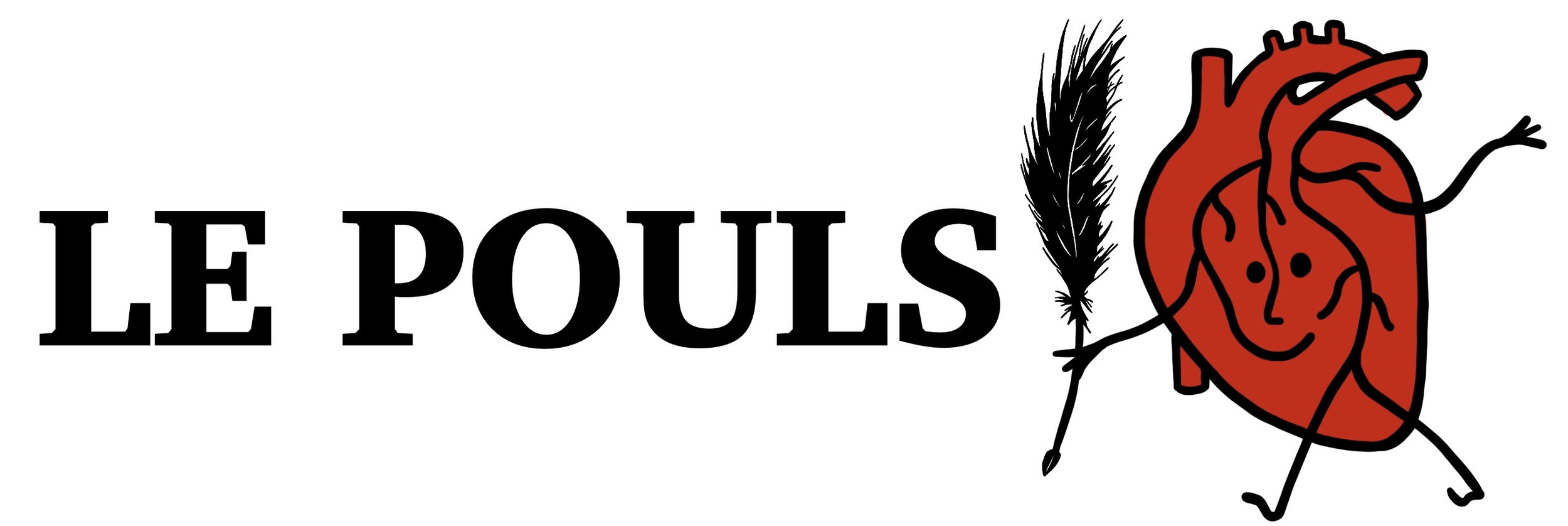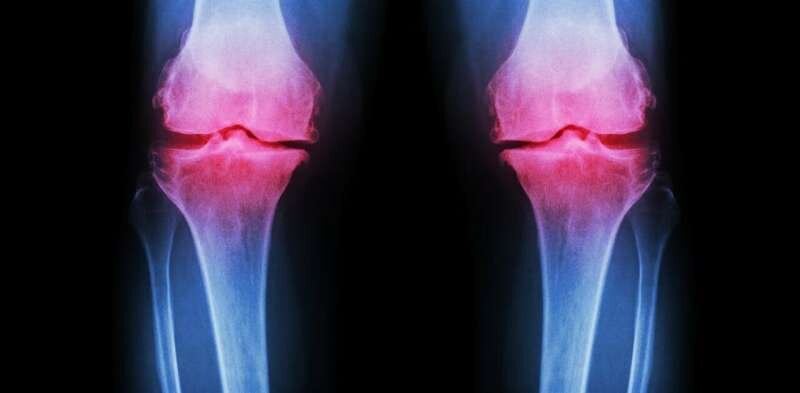Heavy Lies the Crown [Texte coup de coeur]
![Heavy Lies the Crown [Texte coup de coeur]](https://images.squarespace-cdn.com/content/v1/5c9ac5010b77bd2241565fec/1606503938338-ZSRMRRQP7AD3KIK4B2VR/image-asset.jpeg)
par Kendrick Lam
In today’s society, the path to becoming an MD is a perilous one. Not only in the sense that it presents many academic challenges, but also social ones. A young teenager that dreams about his acceptance into the program most probably does not know everything it implies. Sure, he most definitely already made some form of sacrifice to get where he is, but it is unlikely he fully understands the responsibility of the task at hand. Today we will be talking about the social consequences of being a medical student.
Being a physician is a very prestigious tittle in society, today’s, yesterday’s and most probably tomorrow’s too. And so, it is normal for such appraised members of society to be held to the highest expectations as well. What is destabilizing however, is how early in the process of their formation these individuals are informally held to the same standard as their fully trained and experienced colleagues. In the academic sphere, the school faculties and the order do not expect a first-year student to be nearly as knowledgeful as a practicing physician or even a second-year student for that matter. They are expected to gradually know more and clinically act better as time goes on, as the pages they read and the lectures they listen to stack up. This seems the natural path to follow. However, what does present a great difficulty for students is the fact that the social sphere does not reflect its academic counterpart.
The shift in responsibilities a person must conform to when accepting to study medicine is drastic and excessively quick. The way he talks, walks and thinks is judged much differently by society based on the sole fact that he is a medical student. How though can we expect a first-year student to be significantly more mature than a one year younger CEGEP student? Despite this, the responsibilities still come flooding in once the person decides to open that door. He must be careful of the image he projects, because medical students are supposed to be calm, in their books and empathetic. He must be careful of the way he dresses, because medical students are supposed to be “clean”, professional and elegant. He must be careful of what he says, because medical students are supposed to be smart, knowledgeful and precise. But what if a student is intrinsically eccentric, likes to party reasonably, likes to wear tank-tops and rugged clothing on his time off, and likes to joke around and take risks when engaging in subjects he knows nothing about? Is this image so incompatible with someone that would still act professionally when speaking to professors, dress properly when working in clinic, and enounce clear propositions when speaking about medicine? I would like to think not. As said earlier, physicians should be held to a high standard, because they have great responsibilities. However, it should not be based on the sole fact that they have a medical degree, but more on their professional and personal experience, experience that comes with time. And so, society’s view on medical students should be gradual, just as it would be for any other study program that form professionals, and not shoot them directly to the standards of the irreproachable citizen.
One common example of this phenomenon that many of these students have experienced is the meeting and greeting of an unfamiliar person. Put a new medical student at his partners family’s Christmas dinner. Plenty of aunts, uncles and cousins he’s never met before. He strikes a conversation here and there and all goes well until the killer question comes along: “What do you study in?”. Expecting nothing abnormal, the newly enlisted medical student would simply answer “Medicine”. However, it is not a simple answer. And so, the once normal, friendly and very enjoyable conversation almost always suddenly changes into a series of predictable comments and questions. Medicine? “You must study all the time and not have time for anything else”, “How much do you study a week?”, “Oh yes, my cousin’s girlfriend’s brother’s friend is also in medicine”, “Last time I went to the emergency, the doctor was very mean, but I’m sure you’ll make a great doctor”, “Are you going to be my future family doctor?”, “You’re going to make a lot of money, right?”. Having this done to you a couple times, by different people, in different settings, it sometimes gets to you. And so, you start wishing people could treat you like any other normal Joe when you’re not wearing your white coat. You realize that all these comments and questions, though not meant with any negative intentions, slowly pressure you to conform to this exceedingly high set of standards, even if you have little to no life experience to back it up.
One particular situation that really makes a more eccentric medical student lean in on the question is when he is asked “Really? You’re in medicine?”. The reflex would be to spit back “Yes, what else did you expect?”. But he understands, thanks to his lack of experience and very recent acceptance into the program, that this person simply represents the very high and rigid standards he must from now on conform to.
*Texte en anglais selon les règles du concours. Les textes du Pouls sont habituellement en français.

![On Self [Texte coup de coeur]](https://images.squarespace-cdn.com/content/v1/5c9ac5010b77bd2241565fec/1606508078183-TUY8D1PG7CG02M5C8NX3/image-asset.jpeg)
![Bridging the gap between medicine and literature [Texte coup de coeur]](https://images.squarespace-cdn.com/content/v1/5c9ac5010b77bd2241565fec/1606512257994-P9BGKOCDRW2ZA1VYXAT3/Capture+d%E2%80%99%C3%A9cran%2C+le+2020-11-27+%C3%A0+16.24.09.png)


